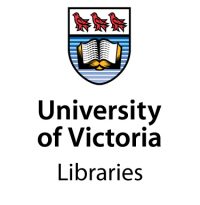April 22, 2024 | Global News via UVic News
In a recent turn of events that has caught the attention of many, Michael Prince, a respected professor from the University of Victoria, has made a bold statement by stepping down from a federal panel. His resignation comes as a protest against Ottawa’s newly introduced disability benefit. Having been an integral part of the federal Disability Advisory Group since 2020, Prince’s disappointment stems from his belief that the new program falls short in providing adequate financial support for individuals living with disabilities.
Prince’s initial excitement about the new program quickly soured as he delved into its details. His anticipation turned into a profound disappointment, frustration, and a sense of letdown. The new benefit, set to commence in July 2025, offers a maximum annual benefit of $2,400 or $200 per month. However, Prince argues that this amount is grossly insufficient. Furthermore, the eligibility criteria restricts the benefit to only about 600,000 people, merely half of the estimated 1.2 million Canadians with disabilities living in poverty. Disheartened by what he perceived as a profound inadequacy in addressing the needs of Canadians with disabilities, Prince felt compelled to resign from the advisory group in a bid to maintain his self-respect and integrity. He also criticized the Disability Tax Credit system, a prerequisite for qualification, as flawed and challenging to navigate for many people with disabilities.
Prince, the Lansdowne Professor of Social Policy at the University of Victoria, is a respected authority in Canadian government and politics. His expertise covers a broad spectrum, including Disability Studies and Citizenship, Indigenous Peoples – Canadian State Relations, and Fiscal Federalism. His work is highly respected, and his resignation from the federal panel underscores his commitment to advocating for adequate support for individuals living with disabilities. For those interested in reading more of his work, you can access many of his open access articles via UVicSpace, the university’s institutional repository.

